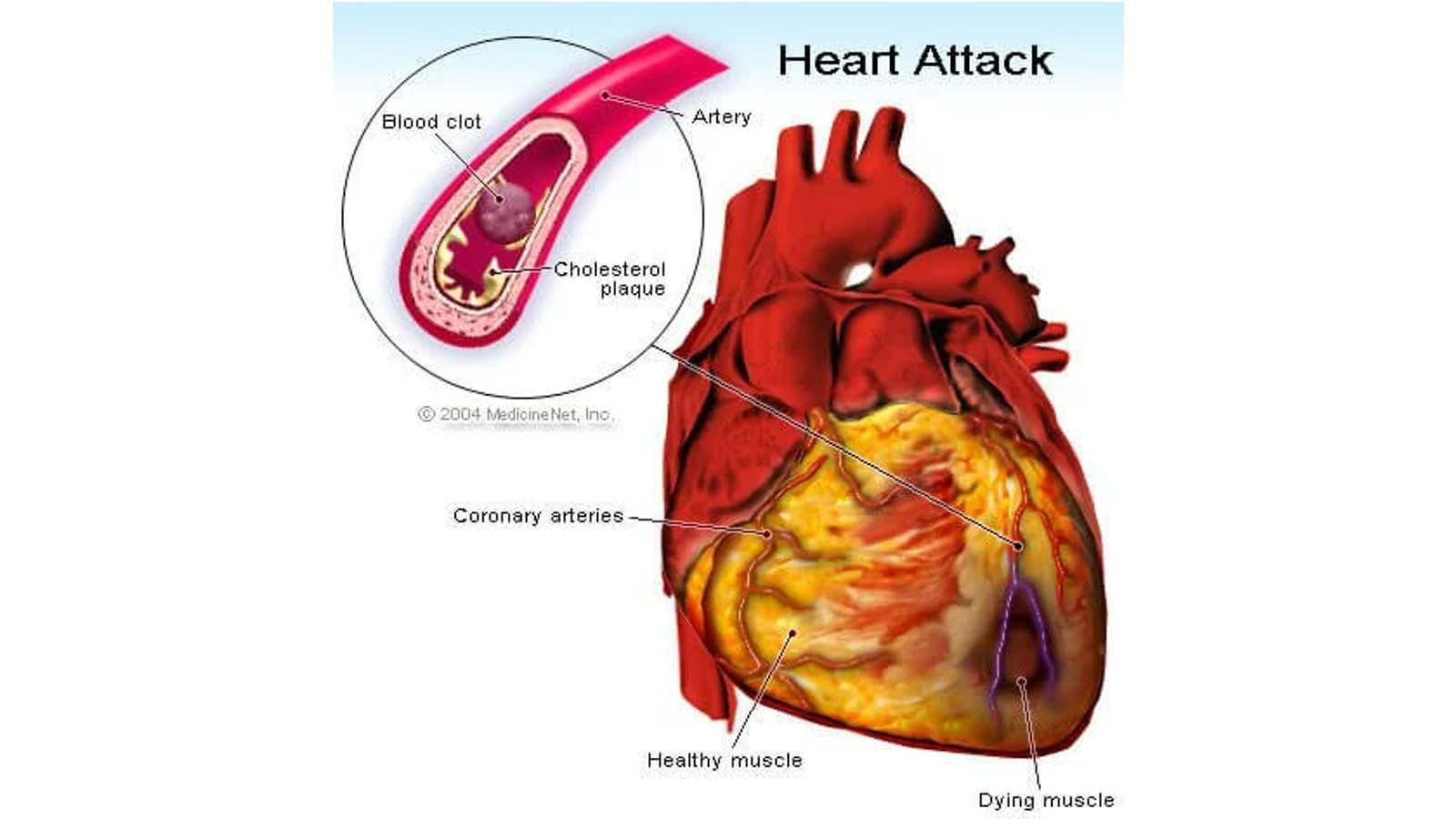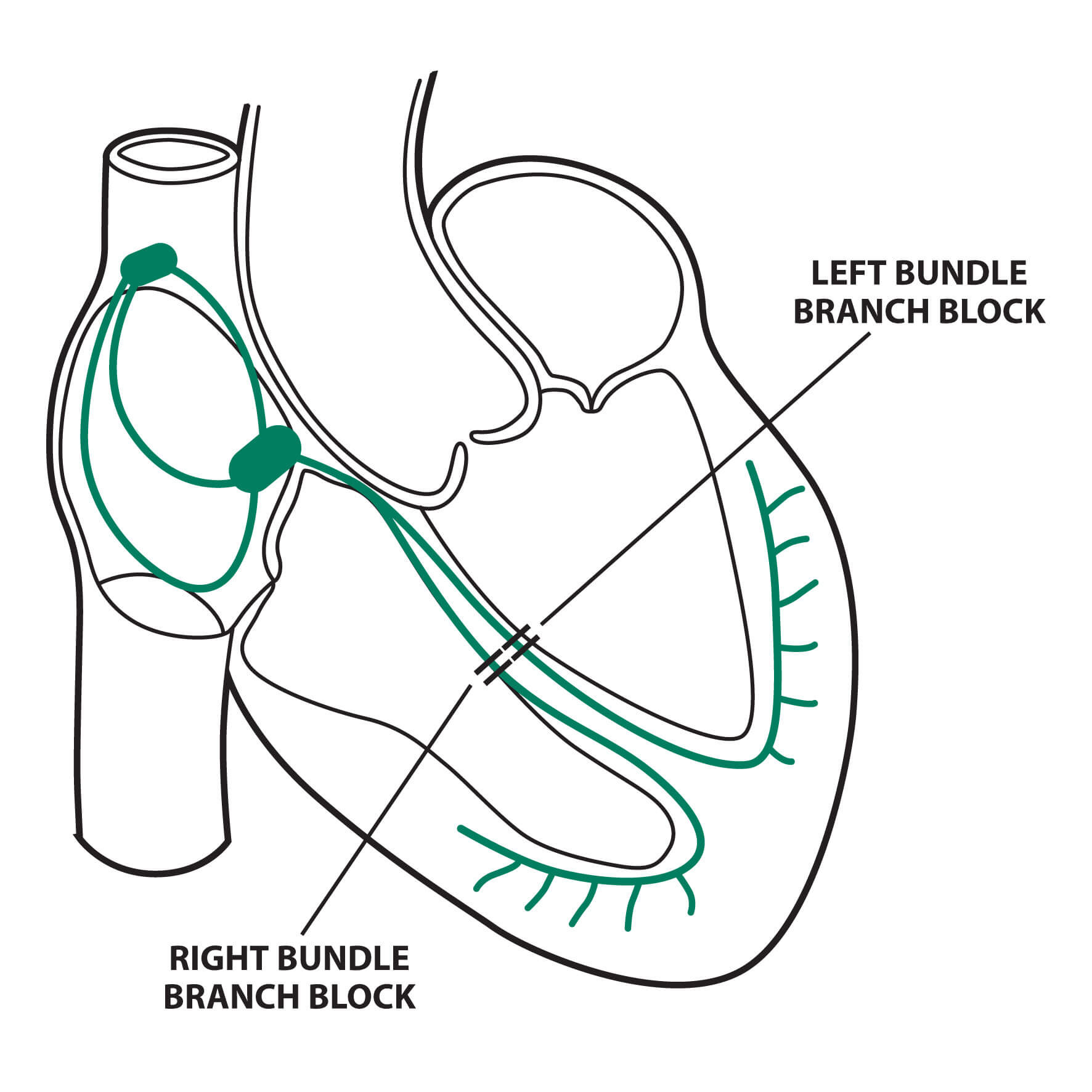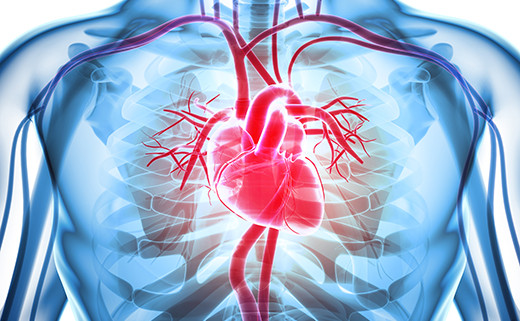Definisi
Kolesterol merupakan tipe lemak, berupa material yang seperti lilin yang membantu pembentukan lemak, menjaga sel, hormon dan beberapa vitamin. Kolesterol yang berlebih dapat menyebabkan permasalahan. Hiperkolesterolemia merupakan gangguan pada susunan lemak dimana low density lipoprotein (LDL) atau kolesterol jahat terlalu tinggi. Hal ini dapat menyebabkan lemak yang terkumpul akan menumpuk pada pembuluh darah (aterosklerosis) dan meningkatkan risiko untuk serangan jantung dan strok.
LDL merupakan tipe lemak jahat yang berbahaya karena dapat menyebabkan kolesterol yang mengeras dan menumpuk di dalam pembuluh darah sehingga menyebabkan Anda memiliki risiko tinggi mengalami strok atau serangan jantung. Plak tersebut dapat mengalami inflamasi dan menyebabkan terbentuk gumpalan disekitarnya. Hal ini dapat menyebabkan strok atau serangan jantung, bergantung pada letak terjadi sumbatan.
Gangguan jantung merupakan penyebab kematian terbanyak di dunia, dan ateroskeloris menjadi penyebab utama gangguan jantung.
Jika Anda ingin mengetahui selengkapnya mengenai aterosklerosis, Anda dapat membacanya di sini: Aterosklerosis - Definisi, Penyebab, Gejala, dan Pengobatannya
Penyebab
Hiperkolesterol memiliki 2 tipe yang disebabkan oleh kondisi yang berbeda :
- Familial hiperkolesterol
- Kondisi ini merupakan gangguan genetik yang langka, terjadi pada 1 dari 250 orang. Kondisi ini disebabkan oleh adanya mutasi genetik yang bertanggung jawab pada proses penghilangan kolesterol LDL dari dalam darah. Bila Anda memiliki mutasi ini, nilai LDL dalam darah dapat mencapai nilai yang berbahaya. Pasien dengan kondisi ini mungkin akan mendapat gangguan pembuluh darah jantung (tipe gangguan jantung yang umumnya terjadi) pada usia muda.
- Acquired hypercholesterol
- Kondisi ini merupakan kondisi yang umumnya terjadi. Hal ini disebabkan oleh diet yang tidak sehat karena mengandung banyak gula dan lemak jenuh dan trans yang tinggi seperti pada daging merah, minyak kelapa, minyak hidrogenasi, makanan cepat saji, dan makanan gorengan.
Faktor Risiko
Beberapa faktor akan meningkatkan risiko Anda bila memiliki kolesterol yang tinggi. Pada beberapa faktor tidak dapat diubah, dan beberapa dapat diubah. Beberapa faktor risiko dari hiperkolesterolemia, meliputi:
- Riwayat keluarga yang memiliki kolesterol yang tinggi
- Konsumsi atau pola makan tinggi gula dan lemak jenuh atau trans
- Diabetes
- Usia lanjut
- Penggunaan produk tembakau
- Obesitas
- Aktivitas fisik yang terbatas
- Hipotiroid
- Penggunaan obat-obatan seperti amiodarone, rosiglitazone, cyclosporine, atau hydrochlorothiazide
Gejala
Pada beberapa kasus, hiperkolesterolemia tidak menyebabkan gejala. Pada beberapa orang mungkin tidak tahu bila mereka memiliki kondisi ini sampai mereka terkena serangan jantung, strok, atau komplikasi serius lainnya. Oleh sebab itu, perlu dilakukan pemeriksaan kolesterol secara rutin.
Bila anda memiliki riwayat hiperkolesterolemia keluarga dan memiliki perawatan yang kurang dapat menyebabkan beberapa gejala, seperti:
- Nyeri pada dada atau angina
- Xanthoma, penumpukan lemak dibawah kulit
- Xanthelasma, adanya gumpalan berwarna kuning yang mengandung kolesterol pada kelopak mata
- Corneal arcus, berbentuk bulan sabit berwarna putih/biru/abu-abu yang terbuat dari endapan lemak di sekitar kornea mata
Baca Juga: Xanthelasma - Definisi, Penyebab, Gejala, dan Pengobatannya
Diagnosis
Pada umumnya, disarankan melakukan pemeriksaan rutin untuk mengetahui kondisi tingkat kolesterol Anda. CDC menyarankan melakukan pemeriksaan kolesterol rutin setiap 5 tahun sekali pada orang dewasa sehat dan bila anda memiliki faktor risiko lebih tinggi untuk mengalami hiperkolesterolemia, disarankan untuk melakukan pemeriksaan lebih rutin (sekitar 2 hingga 6 bulan).
Diagnosis hiperkolesterol dapat ditegakkan melalui anamnesis atau wawancara medis, pemeriksaan fisik dan pemeriksaan penunjang.
Wawancara Medis
Wawancara yang dilakukan antara dokter dan pasien. Dokter akan bertanya mengenai:
- Gejala yang dirasakan saat ini
- Riwayat penyakit dahulu
- Riwayat penyakit keluarga
- Riwayat aktivitas sehari-hari
Pemeriksaan Fisik
Pada pemeriksaan fisik dokter akan memeriksa tekanan darah, laju pernapasan, denyut nadi, dan suhu tubuh. Selanjutnya, dokter akan memeriksa dari kepala sampai kaki untuk memastikan gejala yang Anda rasakan.
Pemeriksaan Penunjang
Dokter akan menyarankan pemeriksaan darah panel lemak. Sebelum dilakukan pengambilan sampel darah, Anda wajib berpuasa dengan rentang waktu tertentu. Pemeriksaan panel lipid dilakukan dengan mengukur tingkat total kolesterol, termasuk kolesterol LDL, kolesterol HDL (kolesterol baik) dan trigliderida. Bila nilai LDL atau total LDL Anda tinggi, dokter mungkin akan mendiagnosis Anda dengan hiperkolesterolemia.
Bila hasil pemeriksaan total kolesterol anda di atas 200 mg/dL atau nilai HDL anda dibawah 40, dokter akan menyarankan anda melakukan pemeriksaan dengan berpuasa selama 12 jam. Nilai batas dari LDL sendiri 130 mg/dL hingga 159 mg/dL dan memiliki nilai tinggi 160 mg/dL sampai 189 mg/dL.
Ketika dokter Anda telah mengeluarkan kemungkinan lain dari penyebab hiperkolesterolemia, dokter akan menyarankan Anda melakukan pemeriksaan genetik. Bila Anda memiliki kondisi hiperkolesterolemia dari genetik (melalui riwayat keluarga), dokter akan melakukan pemeriksaan genetik untuk keluarga Anda. Bila Anda mengonsumsi obat yang dapat menurunkan kolesterol, anda juga perlu melakukan pemeriksaan tes fungsi hati.
Tata Laksana
Tujuan dari pengobatan hiperkolesterolemia terkait dengan menurunkan nilai LDL anda untuk mencegah gangguan jantung. Pengobatan pertama dari hiperkolesterolemia biasanya dilakukan modifikasi gaya atau pola hidup seperti dokter akan menyarankan Anda untuk melakukan perubahan diet Anda, meningkatkan aktivitas fisik dan berhenti merokok.
Beberapa hal yang dapat dilakukan seperti berolahraga lebih rutin, menjaga berat badan sehat, mengonsumsi makanan dengan rendah lemak jenuh, menurunkan tingkat stres, mengonsumsi obat penurun kolesterol, menghindari produk tembakau, mengendalikan gula dan tekanan darah, mengurangi konsumsi alkohol, mengonsumsi sayur, buah dan biji-bijian.
Perubahan gaya hidup merupakan hal yang sulit sehingga jangan ragu untuk mencari bantuan. Mengatur gaya hidup terutama pola makan dan melakukan aktivitas fisik dapat menurunkan nilai kolesterol Anda. Pada beberapa kasus, dokter akan meresepkan obat untuk menurunkan nilai kolesterol Anda. Statin merupakan obat yang umumnya diresepkan untuk pengobatan hiperkolesterolemia yang bekerja dengan menghambat hati Anda membentuk kolesterol yang berlebih.
Baca Juga: Low Density Lipoprotein (LDL) - Indikasi, Kontraindikasi, Hasil dan Saran
Komplikasi
Hiperkolesterolemia yang tidak diobati dapat menyebabkan plak yang terdapat di dalam pembuluh darah. Hal ini dapat menyebabkan komplikasi dari hiperkolesterolemia terkait dengan gangguan jantung atau penyakit kardiovaskuler seperti serangan jantung, strok, dan gangguan pada pembuluh darah, serangan jantung mendadak, gangguan mikrovaskular, gangguan arteri perifer.
Pencegahan
Anda tidak dapat mencegah hiperkolesterolemia yang disebabkan oleh gangguan genetik.
Beberapa hal yang dapat Anda lakukan untuk menjaga nilai kolesterol dalam rentang normal, seperti :
- Melibatkan fiber di dalam diet Anda dan membatasi konsumsi gula, lemak jenuh dan lemak trans
- Mengonsumsi diet rendah garam yang mengutamakan buah, sayur dan biji - bijian
- Menjaga berat badan tetap ideal
- Melakukan olahraga secara rutin
- Membatasi konsumsi alkohol
- Melakukan pemeriksaan kolesterol rutin
- Menghindari stres
- Berhenti merokok
Kapan Harus ke Dokter?
Lakukan pemeriksaan rutin dan berdiskusi dengan dokter Anda. Dokter akan menanyakan dan ingin mengetahui bila obat kolesterol yang diberikan telah bekerja sesuai dengan harapan, Anda memiliki efek samping dari obat yang dapat menurunkan kolesterol, Anda telah mengikuti rekomendasi dari dokter anda.
Dokter juga dapat menyarankan atau melakukan perubahan pengobatan bila Anda mendapatkan efek samping yang tidak diharapkan dari obat tersebut. Dokter juga akan menyarankan Anda melakukan pemeriksaan kolesterol secara rutin untuk memastikan telah masuk ke dalam tingkat normal.
Mau tahu informasi seputar penyakit lainnya? Cek di sini, ya!
- dr. Monica Salim
Hypercholersterolemia (2022). Retrieved 13 February 2023, from https://my.clevelandclinic.org/health/diseases/23921-hypercholesterolemia
Hypercholesterolemia. (2022). Retrieved 13 February 2023, from https://www.ncbi.nlm.nih.gov/books/NBK459188/
Hypercholesterolemia (High Cholesterol). (2022). Retrieved 13 February 2023, from healthline.com/health/high-cholesterol/hypercholesterolemia
Familial Hypercholesterolemia. (2022). Retrieved 13 February 2023, from https://medlineplus.gov/ency/article/000392.htm
Hypercholesterolmia. (2023). Retrieved 13 February 2023, from https://www.mountsinai.org/health-library/condition/hypercholesterolemia
What is High Cholesterol?.(2022). Retrieved 13 February 2023, from https://www.nhs.uk/conditions/high-cholesterol/











